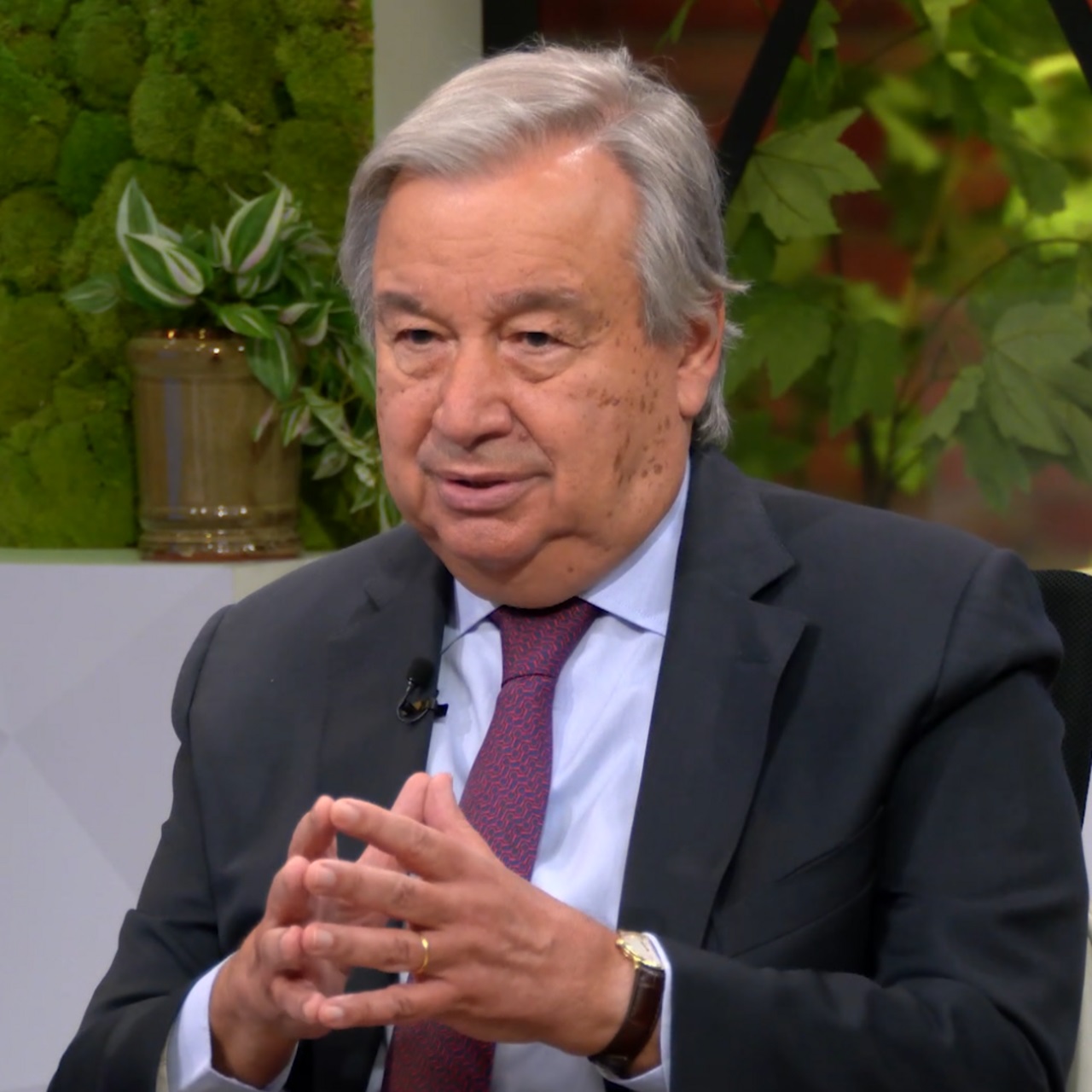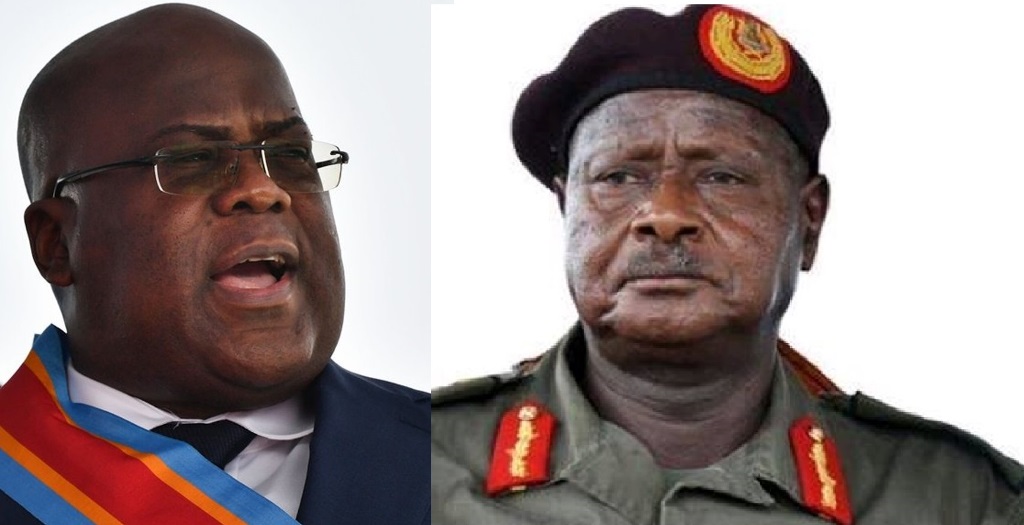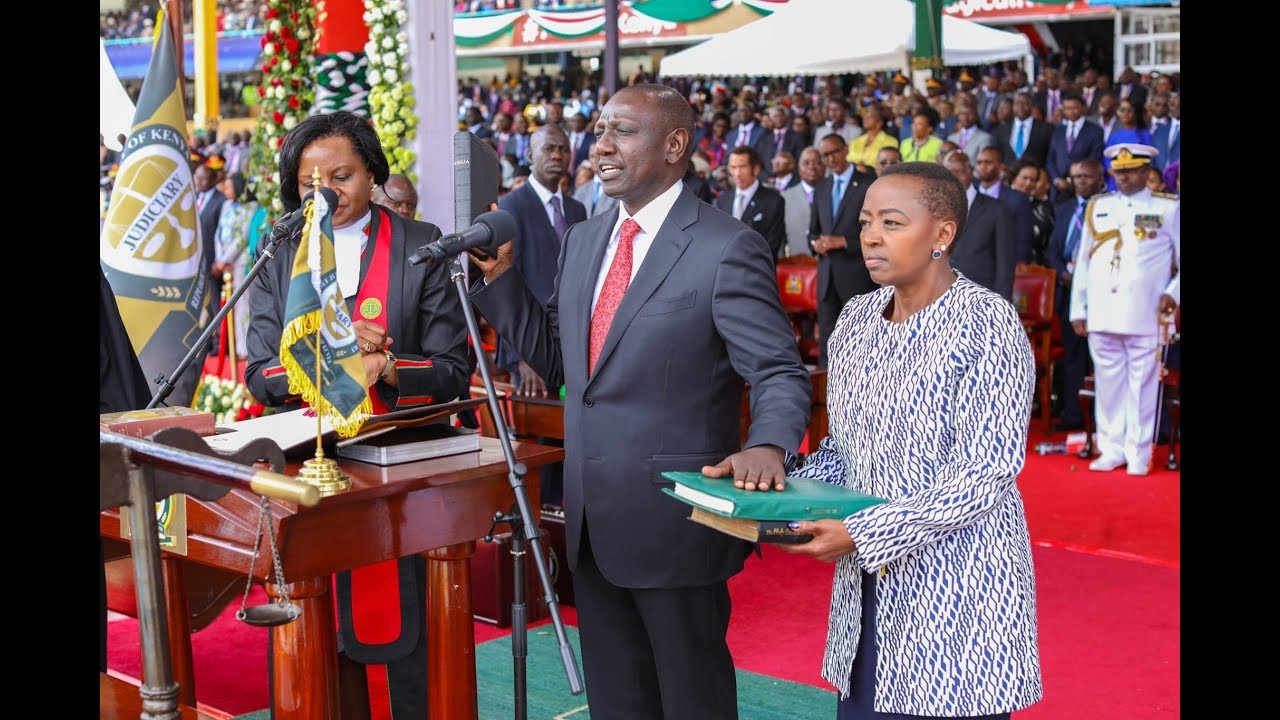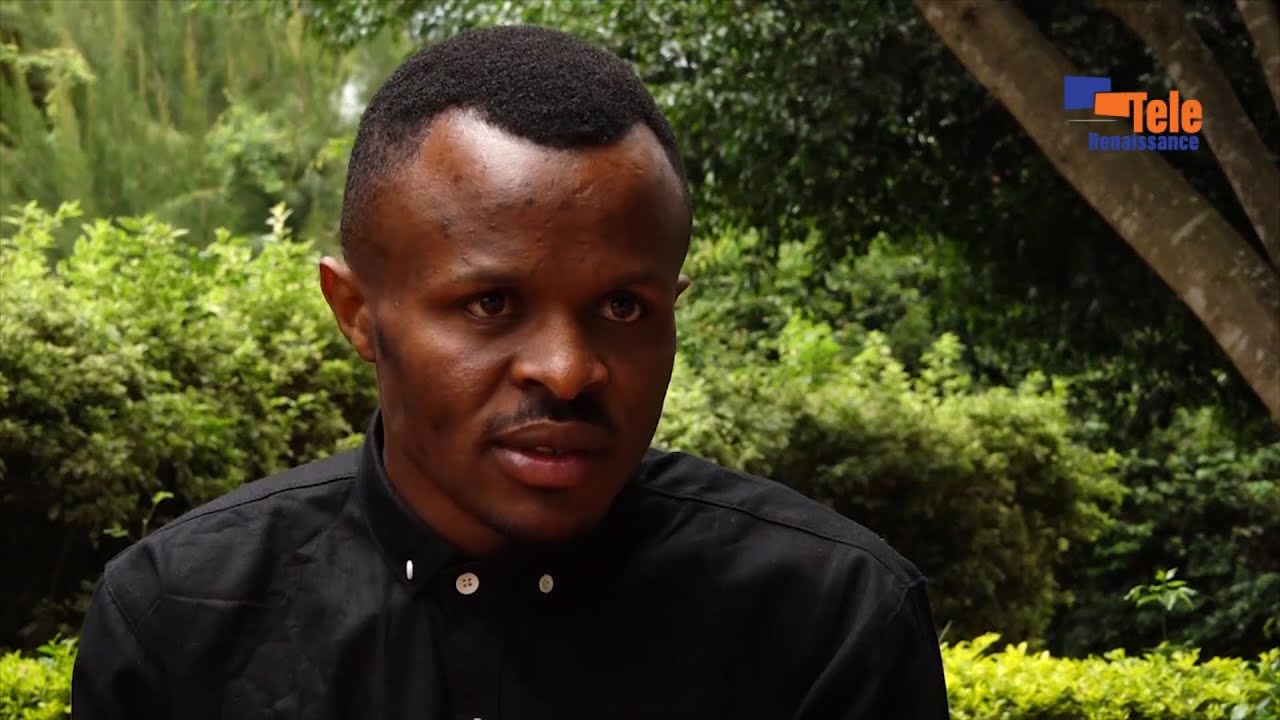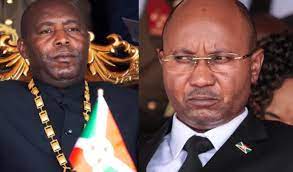Regional
DRC reignites accusation against Rwanda: Will blame games offer solution?
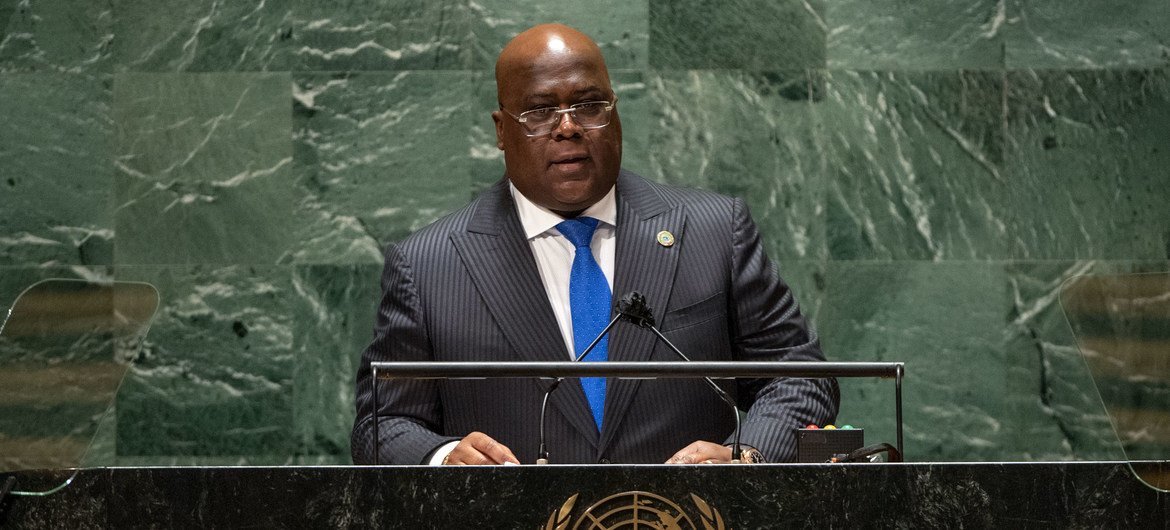
As he addressed the 77th Session of the General Assembly of the
UN in New York, on September 21, President Félix Tshisekedi of the Democratic
Republic of the Congo, reignited an accusation against neighbouring Rwanda,
insisting – without presenting the slightest bit of evidence or proof – that
Kigali is still fanning rebel groups in his country’s territory.
Tshisekedi claimed that his efforts to reunite DRC and pursue
peaceful settlements were dragged by continual external interference, accusing
Rwanda, in particular, of fomenting rebel movements.
"Despite my goodwill and the Congolese people's
outstretched hand for peace, some of our neighbours find no way to thank us
other than supporting armed groups in the east of the Democratic Republic of
Congo," Tshisekedi told the UN General Assembly.
The Congolese leader alleged that in defiance of international
law and the UN Charter, Kigali has once again not only interfered in the DRC by
direct incursions of its armed forces (Rwanda Defence Force RDF), but also
occupies localities in North Kivu Province (eastern DRC) by “an armed terrorist
group, the M23, to which it provides massive support in terms of equipment and
troops.”
Kinshasa-Kigali ties begun to improve after Tshisekedi took
office in 2019, but they, suddenly, soured in the past few months. It is still
not clear what really caused problems but some analysts point to the fact that the
country has often relapsed to violence every time elections are around the
corner.
There are fears that Africa’s second largest country could
relapse to even more violence ahead of the 2023 polls. In 2021, Tshisekedi
declared a state of siege in two Provinces in the east due to escalating attacks
by armed groups. But despite the state of siege, the security and humanitarian
situation in Ituri and North Kivu Provinces simply worsened.
The recent flare-up of heavy fighting in eastern DRC also revived
decades-old animosities between Kinshasa and Kigali, with the DRC accusing
Rwanda of backing the M23 rebels -- claims denied by Kigali.
What’s clear, however, is that the resumption of hostilities
in eastern DRC follows a pattern of failure, by Kinshasa, to honor its
commitments in previously signed agreements due to lack of political will to
effectively implement signed agreements.
Some of the agreements signed in the past towards peace and security
in eastern DRC, but were not fully implemented, hence leading to reoccurrence
of conflicts include: the agreement between the DRC government and the Congrès
National Pour la Défense du Peuple (CNDP) signed on March 23, 2009;
the Nairobi Declarations between the Congolese government and ex-M23 in 2013; and
the peace, security, and cooperation framework for DRC and the region signed in
Addis Ababa, Ethiopia in 2013.
There is also the agreement between Kinshasa and ex-M23 members
living in Rwanda and the joint implementation roadmap on their voluntary
repatriation, facilitated by the Rwandan government of Rwanda on October 28,
2019.
Allegations that Rwanda is aiding rebel groups in DRC are not
new.
But, as Rwandan President, Paul Kagame, noted numerous times in
the past, by making such accusations, Tshisekedi and other leaders in Kinshasa
are simply running away from their responsibility. Continuously pointing
fingers at Kigali every time a problem crops up only diverts attention from the
real problems and thus worsens the situation.
Addressing the UN General Assembly, the Rwandan leader also made
it clear that the blame game does not solve problems.
Kagame said: “In the eastern Democratic Republic of Congo,
recent setbacks have served to highlight that the security situation is
fundamentally no different than it was 20 years ago, when the largest and most
expensive United Nations peacekeeping mission was first deployed. This has
exposed neighbouring states, notably Rwanda, to cross-border attacks that are
entirely preventable.
“There is an urgent need to find the political will to finally
address the root causes of instability in eastern DRC. The blame game does not
solve the problems. These challenges are not insurmountable, and solutions can
be found.”
For three decades, the Congolese government as well failed to
deal with the more than 130 armed groups in the eastern part of their vast
country.
One
of the armed groups is the M23 which says it aims to protect its people from
oppression in their homeland, DRC, but it is accused by Tshisekedi of opposing
his government with Rwanda’s backing.
The
M23 or "March 23 Movement" is a Congolese rebel group that was
defeated in 2013 but took up arms again in late 2021. It is important to
genuinely examine why the group is taking up arms again after all this time.
Its fighters are not Rwandan. One of the M23 grievances is the continued
harassment of Congolese Tutsi who are from the same ethnic group that bore the
brunt of 1994 Genocide against the Tutsi in Rwanda. The renewed conflict is an
internal crisis touching the persecution of Kinyarwanda speaking Congolese. The
M23 have national grievances linked to lack of security, discrimination of
their community and poor governance at large.
One of the other groups is the FDLR which is linked to the 1994 Genocide and Kigali wants uprooted from DRC. The FDLR are Rwandans and the government in Kigali has, for nearly three decades rightly questioned why the international community keeps silent about these mass murderers. When Kagame’s rebel Rwandan Patriotic Army stopped the genocide in 1994, the perpetrators fled to the then Zaïre – now DRC – and later formed the FDLR.
Among the leaders of the FDLR are wanted mass murderers who
participated in the 1994 genocide. The biggest threat the militia pose is – not
their fighting power – their genocide ideology.
The FDLR’s military strength has consistently decreased most
notably due to divisions and on-and-off military operations by the Congolese
army. The DRC played a crucial role in weakening the FDLR in recent years,
especially in 2019 and part of 2020, when the Congolese army, Forces
Armées de la République Démocratique du Congo (FARDC), killed
Sylvestre Mudacumura, the FDLR’s main leader and sent hundreds others to
Rwanda.
However, in the recent past, Kinshasa’s military push against
the militia suddenly fizzled out before the militia was totally eliminated. It
still remains unclear why Kinshasa had a sudden change of heart. There were
collaborations between the Congolese army and the FDLR in the past and these
were revived, much to Kigali’s chagrin.
For nearly three decades, the collaboration between the
Congolese army and the Rwandan genocidal force has always been on and off,
depending on internal Congolese political dynamics.
Though weakened, the militia created a strong social capital
across North and South Kivu Provinces. In addition, it remains a serious threat
due to high levels of instruction and continuous training similar to a proper
army. Their aim is to return to Rwanda and finish the job they were unable to
finish in 1994. Completely cutting off the militia’s social capital is
something Kinshasa, and the international community, failed to do.
Regional initiatives are underway to try to resolve the dispute. Angolan President Joao Lourenco and former Kenyan President Uhuru Kenyatta are involved. The East African community (EAC) plans to deploy a regional force – Rwandan troops being excluded – into eastern DRC and Kinshasa has given the green light.
But the question remains; will the blame game help?


